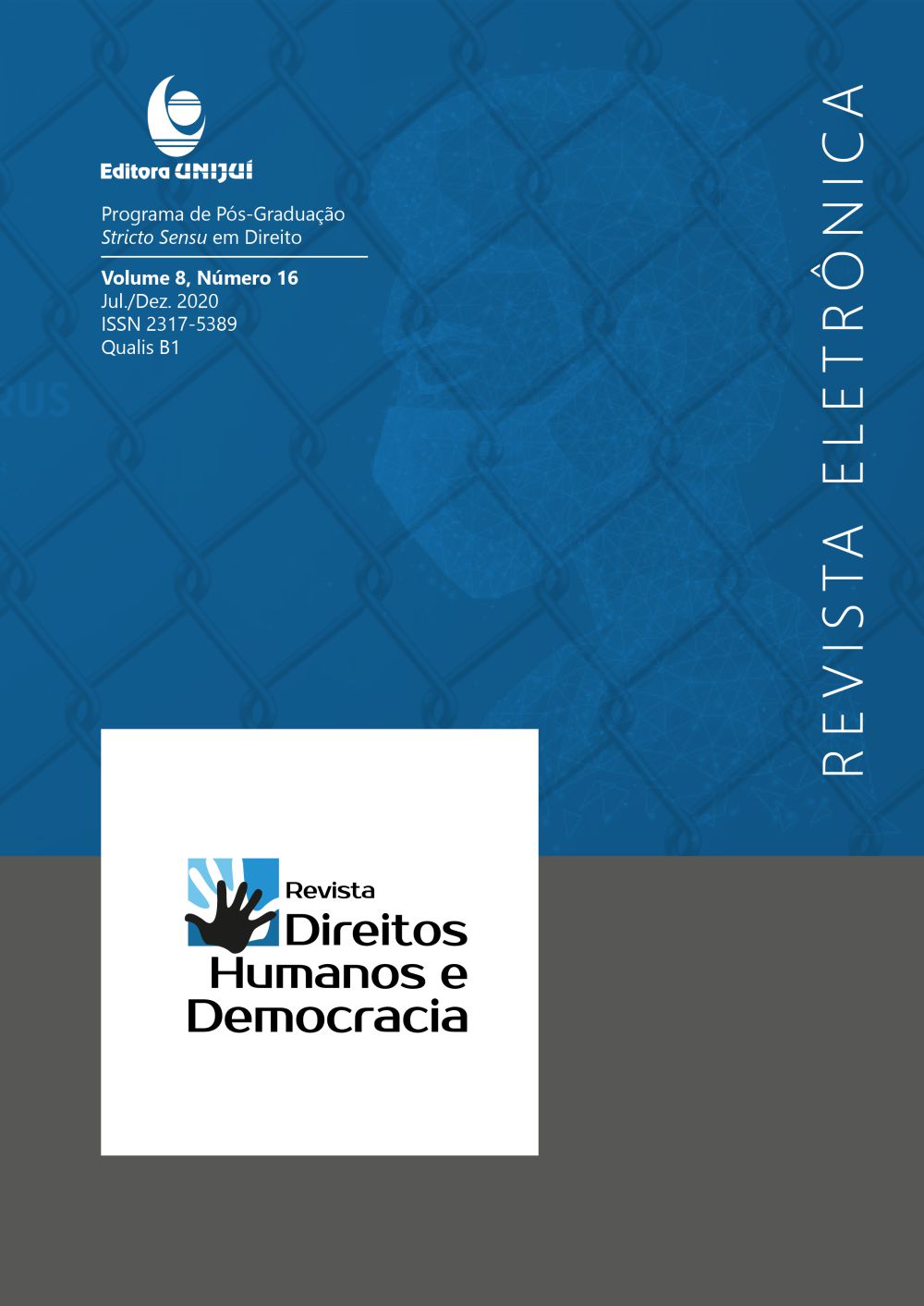“MEU CORPO ME PERTENCE”: DO ABORTO À GESTAÇÃO DE SUBSTITUIÇÃO, UM PERCURSO JURÍDICO
DOI:
https://doi.org/10.21527/2317-5389.2020.16.7-23Keywords:
Bioética, Direitos reprodutivos, Gestação de substituiçãoAbstract
O uso em particular de termos como “aluguel de barrigas”, “escravidão”, “mercantilização do corpo”, “venda de filhos”, “prática eugênica”, “vontade alienada”, “bebês à la carte” ou “crianças geneticamente modificados” consubstanciam algumas das estratégias discursivas que consistem em retirar da deliberação democrática a regulamentação acerca da gestação de substituição, que parece só merecer condenação e anátema. Envolvida na longa controvérsia sobre o direito do indivíduo de dispor de seu corpo, a gestação de substituição é, no entanto, objeto de um consenso negativo preocupante, tanto político quanto acadêmico. De fato, os oponentes da prática estão em todo o espectro político, desde a esquerda rebelde até os partidários da Manif pour tous, incluindo a esquerda socialista e a direita republicana. Um estranho consenso baseado em uma aversão comum ao liberalismo, seja ele econômico, político ou social. Nesse sentido, este texto propõe-se a discutir a complexa questão envolvendo a gestação de substituição, especificamente no que se refere ao cenário francês.
Downloads
Published
How to Cite
Issue
Section
License
By publishing in the Revista Direitos Humanos e Democracia, authors agree to the following terms:
Articles are licensed under the Creative Commons Atribuição 4.0 Internacional (CC BY 4.0), which allows:
Share — copy and redistribute the material in any medium or format;
Adapt — remix, transform, and build upon the material for any purpose, including commercial use.
These permissions are irrevocable, provided the following terms are respected:
Attribution — authors must be properly credited, with a link to the license and indication of any modifications made;
No additional restrictions — no legal or technological measures may be applied that restrict the use permitted by the license.
Notices:
The license does not apply to elements in the public domain or covered by legal exceptions.
The license does not grant all rights required for specific uses (e.g., image rights, privacy, or moral rights).
The journal is not responsible for opinions expressed in the articles, which remain the sole responsibility of the authors. The Editor, with the support of the Editorial Committee, reserves the right to suggest or request modifications when necessary.
Only original scientific articles presenting research results of interest, not previously published or simultaneously submitted to another journal with the same purpose, will be accepted.
References to trademarks or specific products are intended solely for identification purposes and do not imply any promotional endorsement by the authors or the journal.
License Agreement: Authors retain copyright over their articles and grant the Revista Direitos Humanos e Democracia the right of first publication.













